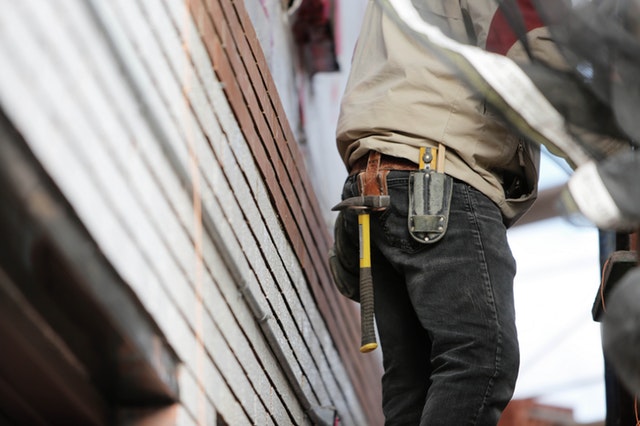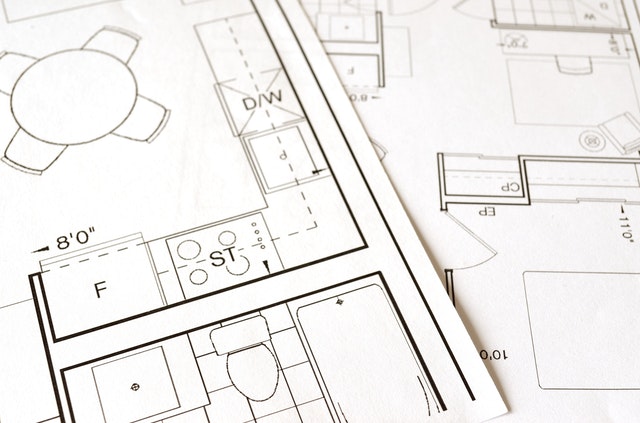Ensuring Home Contractors Are Following The Rules Under HICPA
 There are many homeowners who hire contractors to make repairs or upgrades on their homes. It is critical for home improvement contractors to follow all rules and regulations set forth by the law. These regulations have been set forth under the Home Improvement Consumer Protection Act, or HICPA.
There are many homeowners who hire contractors to make repairs or upgrades on their homes. It is critical for home improvement contractors to follow all rules and regulations set forth by the law. These regulations have been set forth under the Home Improvement Consumer Protection Act, or HICPA.
An Overview Of The Home Improvement Consumer Protection Act
The Home Improvement Consumer Protection Act was put forth to ensure that homeowners and contractors come to an appropriate agreement. Some of the rule and regulations that are included in the Home Improvement Consumer Protection Act include:
- All contractors need to obtain a registration number
- Home contractors are required to register with the Office of the Attorney General
- All home contractors need to pay the required registration fees
Finally, the Home Improvement Consumer Protection Act also specifies the various terms that need to be included in each agreement set forth by homeowners and contractors. Any contractors agreed to by contractors and homeowners need to comply with the Home Improvement Consumer Protection Act. The purpose of this act is to protect homeowners against fraudulent contractors.
What Happens If An Agreement Does Not Follow The Rules?
If an agreement does not abide by the regulations included in the Home Improvement Consumer Protection Act, then there might be liability in a civil court. Furthermore, there could even be criminal charges that result.
In the event that a homeowner enters into civil litigation against a home contractor, the first item that lawyers will look into include the regulations under the Home Improvement Consumer Protection Act. If the contractor violated any of the regulations, the HICPA may also specify penalties that might be levied against the contractor.
When Does The Home Improvement Consumer Protection Act Apply?
There are only a few exceptions where the HICPA would not apply to a home improvement job. Even though the definitions under the HICPA are very broad, this act does not apply to contractors who earn less than $5,000 of taxable income in a given year. Finally, the HICPA applies only to home improvements. It does not apply to the construction of a new home. The act also does not apply to the sale of any home appliances.
If you are in the market for a new home or interested in refinancing your current property, be sure to consult with your trusted home mortgage professional.

 Savvy home buyers often get great deals on new home constructions by asking for deals and discounts and doing some up-front research.
Savvy home buyers often get great deals on new home constructions by asking for deals and discounts and doing some up-front research.